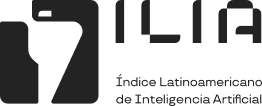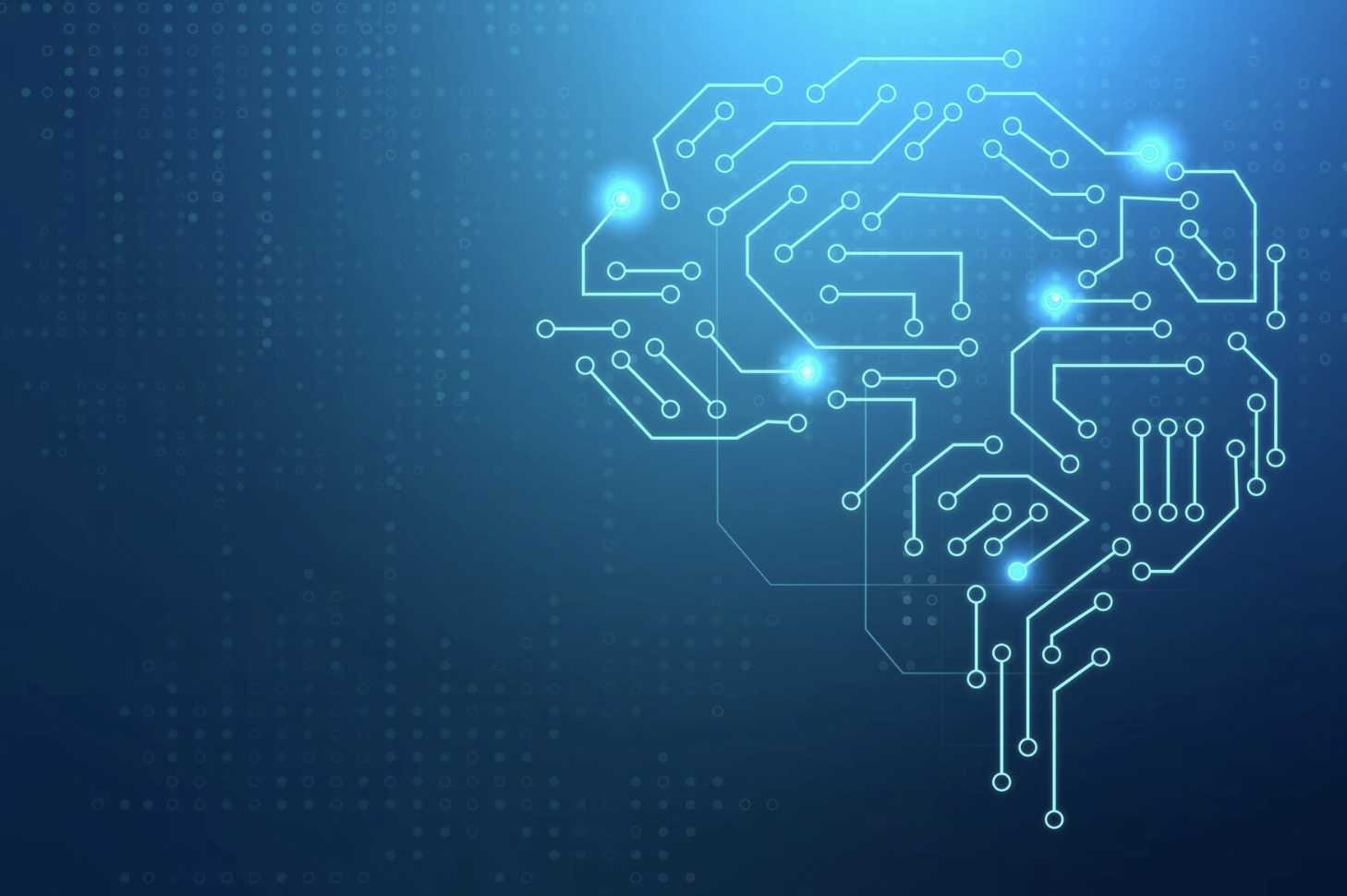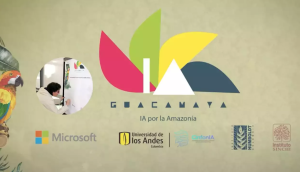In response to AI’s impact on productive, educational, and commercial ecosystems, and to ensure transparency and accountability in its use, Brazil developed its National Artificial Intelligence Strategy in 2021, which was recently updated.
A key role in its implementation is played by the Brazilian Artificial Intelligence Observatory, which is collecting AI data across Brazil with a special focus on industry, government, health, and education, to provide updated information to various stakeholders, including policymakers.
Natural Language Processing (NLP) is a branch of Artificial Intelligence (AI) that enables computers to understand and translate text and audio in multiple languages, facilitating global communication. However, there is a shortage of tools and specific data to train dialogue systems in Brazilian Portuguese, a language spoken by over 200 million people. Addressing this issue is the Center for Artificial Intelligence (C4AI/USP) at the University of São Paulo, where more than 100 researchers are engaged in various innovative AI projects, including NLP for Portuguese and Indigenous languages, of which Brazil has over 150.
C4AI/USP is one of the 11 Research and Applied Engineering Centers in Artificial Intelligence established by the São Paulo Research Foundation (FAPESP) and promoted by the Brazilian government to advance AI across strategic areas in the country. These centers’ data and research will support the newly created Brazilian Artificial Intelligence Observatory (OBIA).
OBIA serves as a public, open-access repository designed to compile and provide information on AI developments in Brazil and to connect with other international observatories. “Its main goal is to track AI development, impact, and adoption in Brazil, both quantitatively and qualitatively. We aim to be an information repository for decision-makers, industry, and other stakeholders,” says Tuca-Luiz Alexandre Reali Costa, OBIA’s manager.
Launched in 2022 by Brazil’s Ministry of Science, Technology, and Innovation (MCTI) and led by the Brazilian Network Information Center (NIC.br), OBIA was identified as a top priority in Brazil’s National AI Strategy, approved in 2021 and updated in 2024. From the beginning, this policy aimed to foster entrepreneurship and technological innovation in Brazil through nine pillars, one of which is AI Governance, with OBIA as a flagship initiative.
Since then, a multidisciplinary team has worked on its development, launching its website in March and preparing for its public launch in September 2024.
The core team includes professionals from NIC.br and the Regional Center for Studies on the Development of the Information Society (Cetic.br), with support from the Center for Management and Strategic Studies (CGEE), the State System for Data Analysis Foundation (SEADE), and C4AI/USP, among others. “The International Telecommunication Union (ITU), UNESCO, the International Research Center on AI (IRCAI), and the OECD have also been crucial in aligning the Observatory’s efforts with global best practices,” adds Reali Costa.
The 11 AI centers contributing to OBIA cover strategic areas such as industry, health, cities, agriculture, and cybersecurity. These were selected in two public calls from 2021 to 2023 by FAPESP, the Ministry of Science and Technology (MCTI-MC), and the Brazilian Internet Steering Committee (CGI.br). An exception is C4AI/USP, the first of its kind to join the observatory, created in collaboration with IBM.
Four Vital Areas
The creation of the Brazilian Artificial Intelligence Observatory (OBIA) was a complex process with challenges such as keeping pace with rapid advancements, integrating multiple perspectives and methodologies, and establishing better coordination among data producers feeding the observatory.
One strategic milestone for OBIA was defining indicators across four key dimensions to analyze AI in Brazil. “At Cetic.br, we have been managing indicators on digital technology adoption in Brazil for over 20 years, and for the observatory, we’ve organized these into four segments: government, health, education, and various economic sectors. We will also incorporate academic training, knowledge production, and patents,” says Alexandre Barbosa, head of Cetic.br, affiliated with NIC.br.
To monitor this work, a multisectoral governance committee is being established to address the needs of both current and future indicators. “OBIA will draw on indicators from various sources, including biennial surveys and automatically updated databases. Although frequency will vary, a deep and updated analysis is guaranteed to maintain the observatory’s relevance and accuracy,” explains Reali Costa.
The repository will include AI-related documents from Brazil and other countries, such as national AI strategies from Chile, Germany, Japan, and others, which will be classified using a taxonomy to facilitate data retrieval and cross-referencing, according to Barbosa.
Challenges
Brazil stands out as a regional leader in AI, according to the latest 2023 Latin American AI Index, with strengths in infrastructure, human capital, data availability, and governance, as well as its extensive digitization of public services. Brazil is also the only Latin American country among the top 20 nations in terms of academic publications in AI.
However, challenges remain, including further enhancing AI infrastructure, particularly in remote and rural areas; expanding the use of this technology across economic sectors; and increasing the annual output of PhDs in the field, which is currently four times lower than in the United States. “We expect rapid progress with support from the AI centers promoted by the Ministry of Science and Technology,” says the head of Cetic.br.
To address these challenges, the 11 centers have already attracted public and private investments totaling 240 million reais through 2030, as stated in Artificial Intelligence: Mapping AI Centers in Brazil: Initiatives, Actions, and Projects (Panorama Setorial da Internet, No. 1, April 2024).
OBIA is also tackling some of these challenges by providing crucial information for decision-making. The observatory is currently working on launching a data visualization portal, integrating more AI centers—both public and private—and disseminating initial findings that will provide an up-to-date and concrete overview of AI in Brazil across various areas.
“Our ultimate goal is for OBIA to become a benchmark, cooperative, and multidisciplinary initiative that provides reliable, comprehensive knowledge to inform society and guide policies, strategies, and actions to promote the responsible development and use of AI in Brazil,” says OBIA’s manager.






